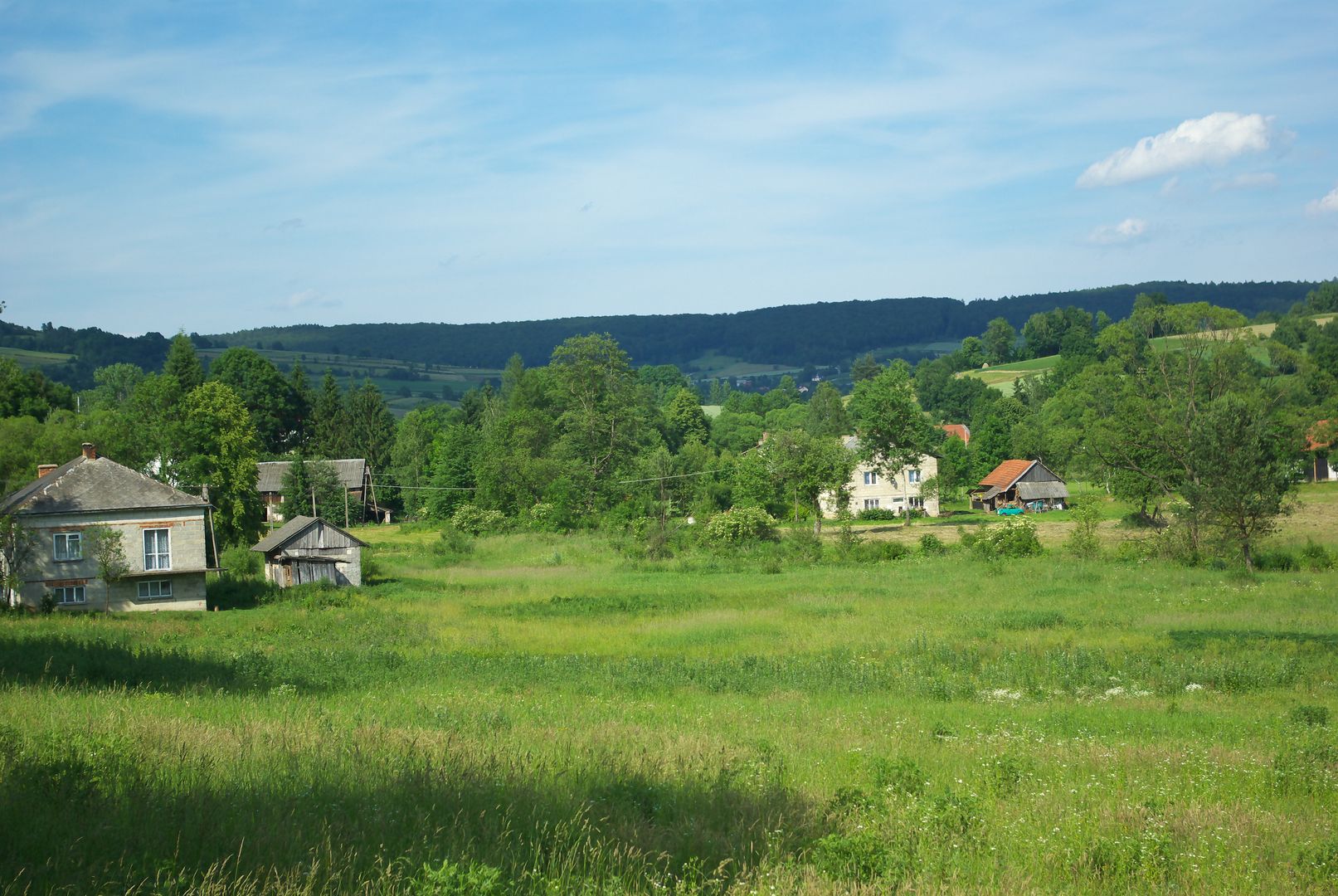Falejówka
6.02

Overview
Falejówka is a village located in the Podkarpackie Voivodeship, in the Sanok district, known for its rich history and beautiful landscapes. Its name derives from the knight Fala, who is said to have founded it in the 15th century. Falejówka witnessed numerous changes in ownership, with the most notable owners including Małgorzata Dydyńska, the Woliński and Janowski families, and Professor Ludwik Ehrlich. The settlement functioned as an independent municipality until 1934, after which it became part of the Sanok commune. During the interwar period of the Second Polish Republic, the village experienced development thanks to the activities of numerous organizations, such as the Riflemen's Association and agricultural circles. Falejówka is home to the neo-Gothic Church of the Exaltation of the Holy Cross, built between 1908 and 1914 according to the design of Wilhelm Szomek. The village also features manor buildings, including a brick manor house that is falling into ruin, as well as historic roadside shrines. The local community is brought together by the Rural Housewives' Circle, which preserves regional culinary traditions, such as stuffed cabbage rolls and pierogi. Falejówka has become a place of remembrance for the victims of World War II, with a monument commemorating the executions carried out by the Germans in 1944 and annual ceremonies held in their honor. In 2010, the "Katyń... to Save from Oblivion" campaign was organized here, and in 2018, a plaque was unveiled in memory of the residents who died fighting for independence. Among the natural attractions, a centuries-old small-leaved lime tree and picturesque hills stand out, offering panoramic views of the surrounding area. Thus, Falejówka combines a rich cultural heritage with the beauty of nature, making it an interesting point on the map of the Podkarpacie region.
Location
2026 Wizytor | All Rights Reserved